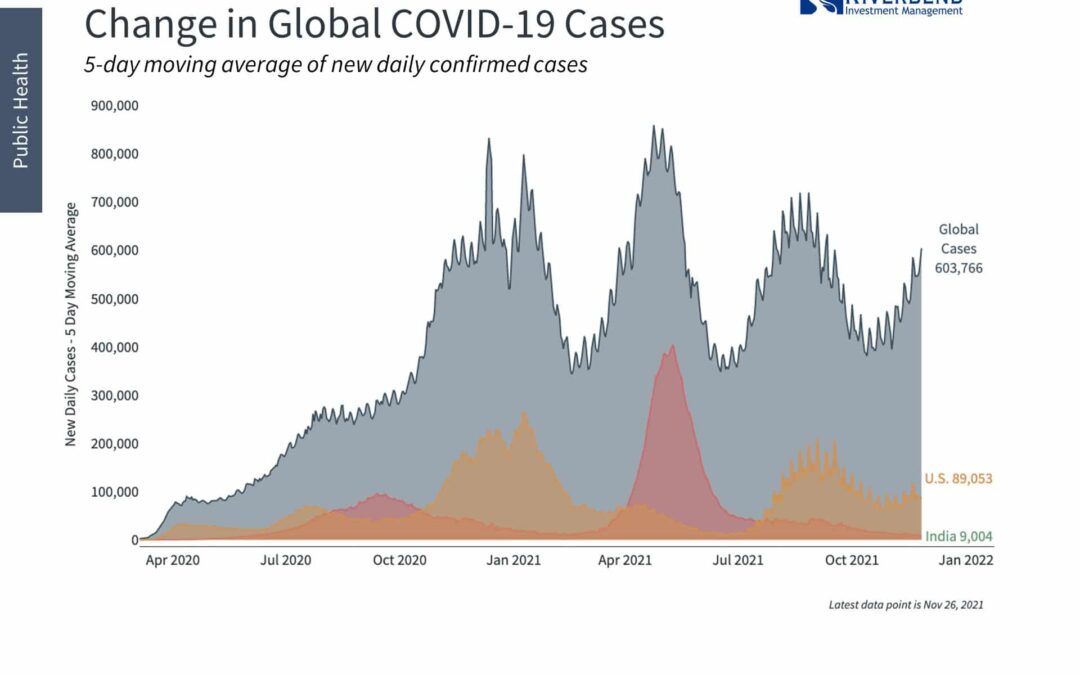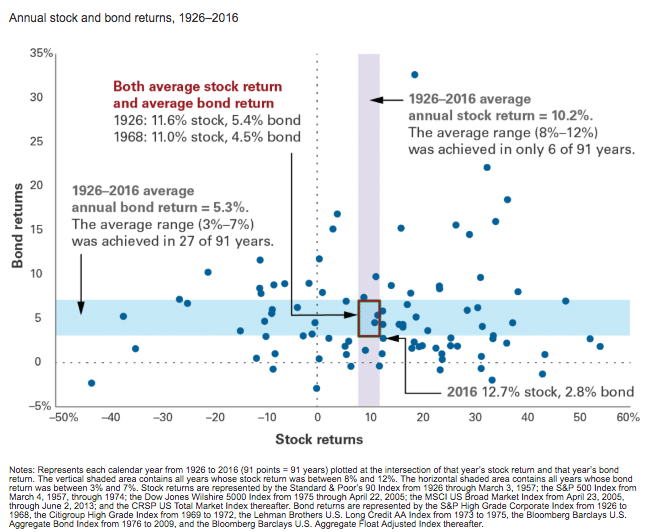
by John Rothe, CMT | Oct 25, 2022 | Portfolio Management
Table of Contents What is a Separately Managed Account?Advantages of Separately Managed Accounts vs Mutual FundsUsing an Active Investment Strategy in Separately Managed AccountsSeparately Managed Accounts vs Mutual Funds: Tax BenefitsMutual Funds and the Problem with...

by John Rothe, CMT | Nov 29, 2021 | Portfolio Management, Uncategorized
[fusion_builder_container hundred_percent=”no” equal_height_columns=”no” menu_anchor=”” hide_on_m obile=”small-visibility,medium-visibility,large-visibility” class=”” id=””...

by John Rothe, CMT | Jul 31, 2018 | Investment Strategies, Portfolio Management
One of the biggest challenges facing today’s average investor is deciding how to allocate personal savings or retirement assets. Naturally, most individuals hope to create an investment portfolio that is consistent with their personal objectives and risk tolerance....

by John Rothe, CMT | Jul 28, 2018 | Investment Strategies, Portfolio Management
It’s one of the first questions that comes up when the conversation moves towards investing: “what’s the difference between an active and passive investment strategy?” And it’s a question that I can answer with absolute conviction… It depends. Let’s...

by John Rothe, CMT | Jul 27, 2018 | Portfolio Management
As the US stocks become more volatile, individual investors are starting to take a look at various investment portfolio risk management strategies. Too often, investment choices may be based on an oversimplified understanding of objectives (i.e., whether to invest for...







